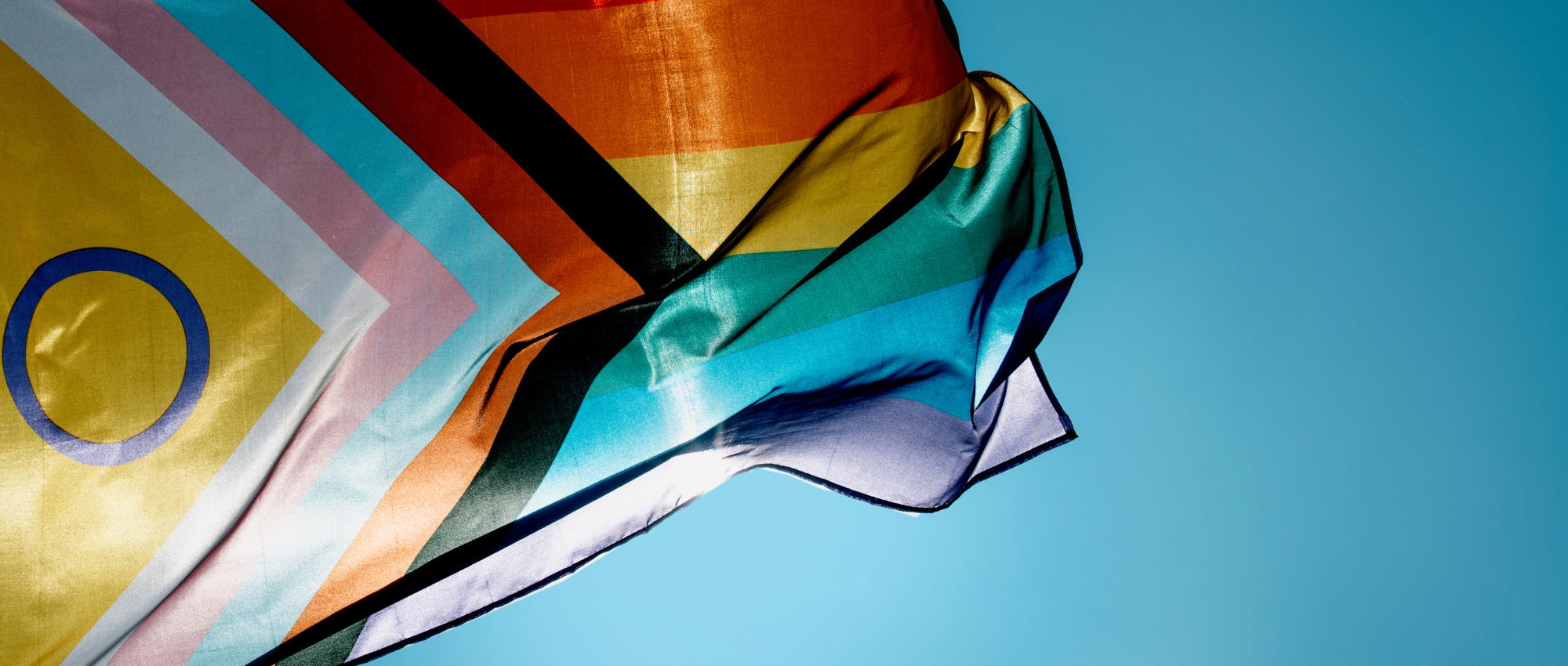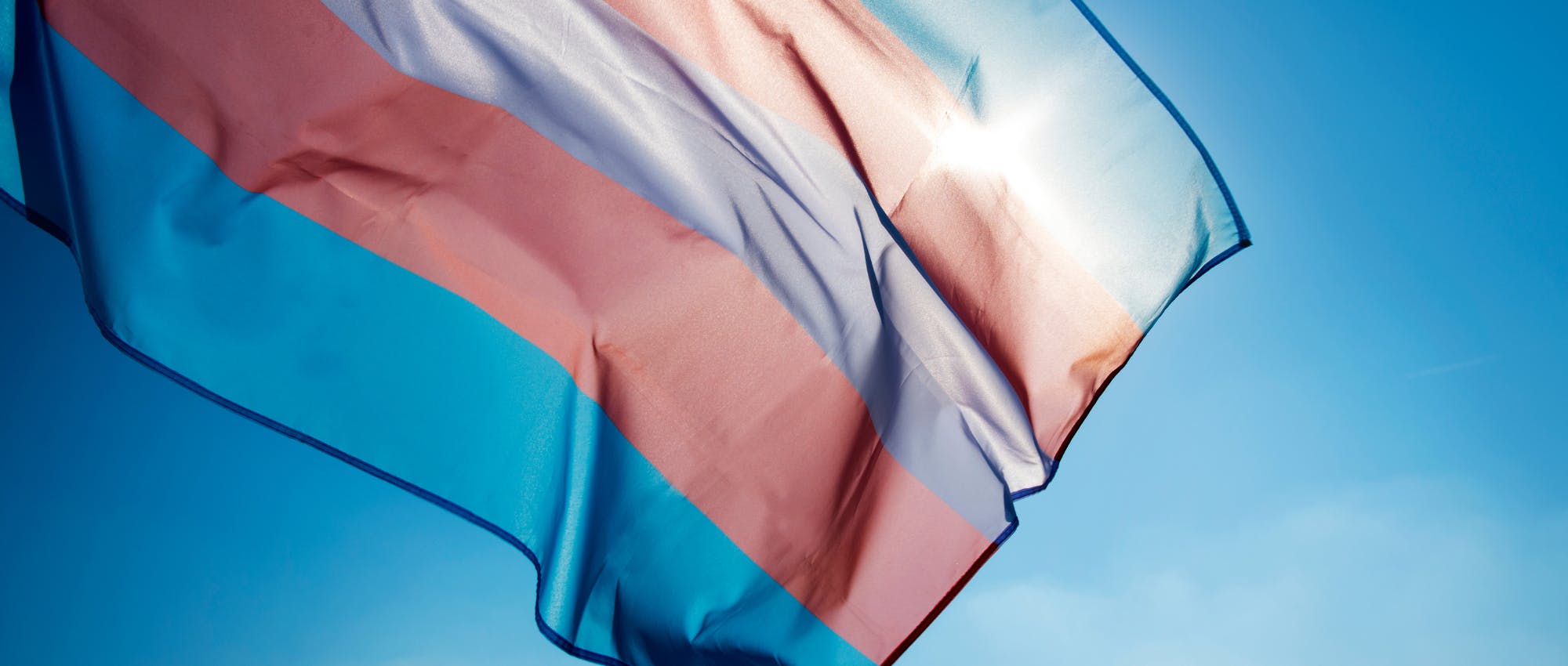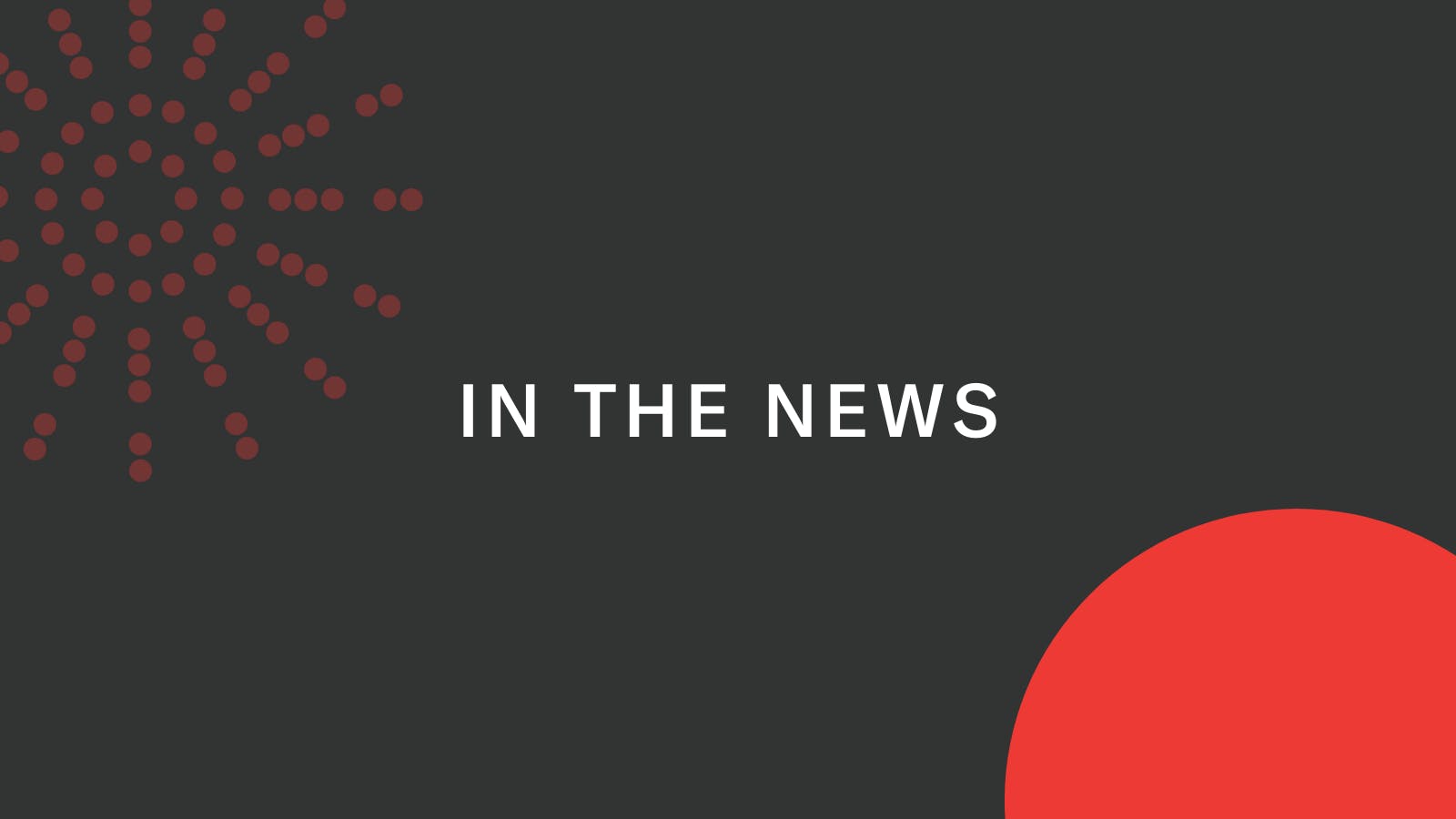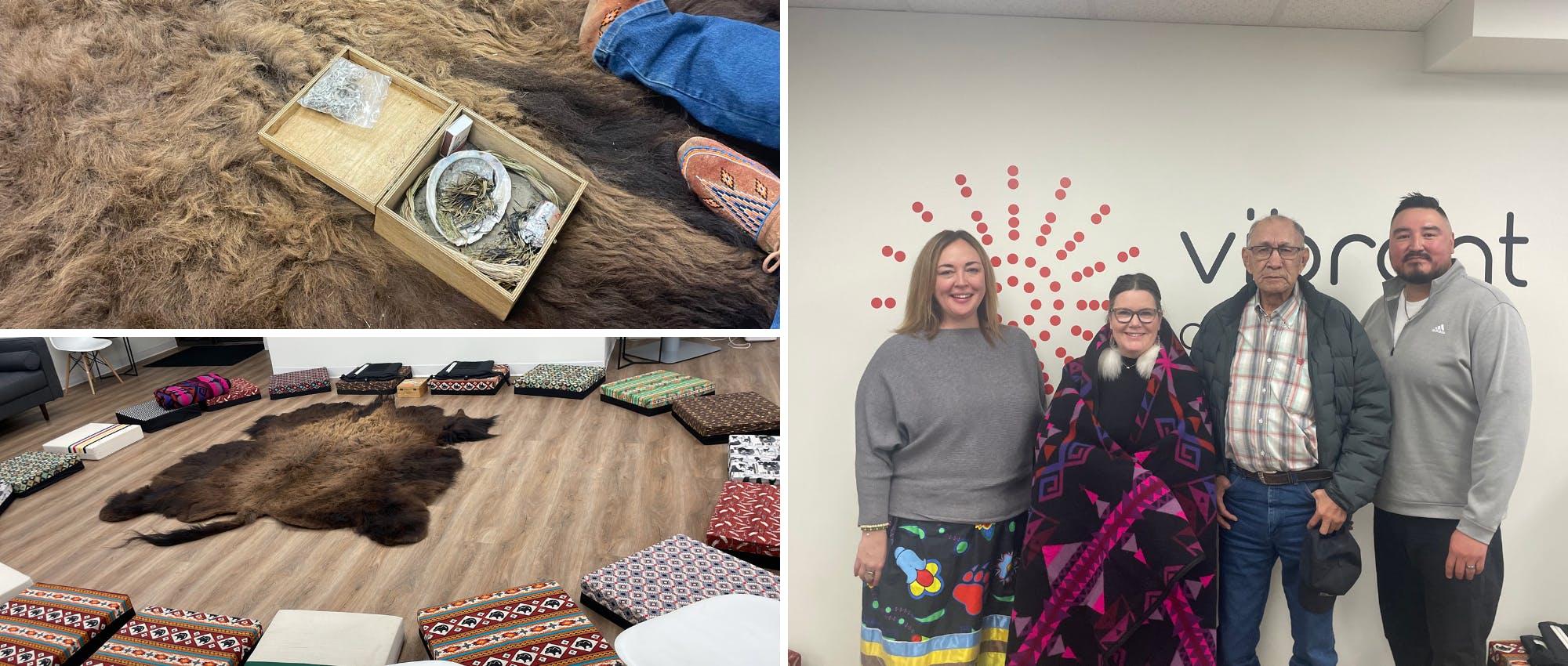Every morning, Phoenix wakes up to face a world that often feels like it wasn't built for them. Even with a law degree in hand, they work as a security guard during the week and a barista on weekends, but neither job pays a living wage or offers the benefits they need. On the train to work, Phoenix braces for the day's challenges, including the anxiety of being misgendered and the fear of unsafe situations.
Phoenix dreams of a career in law but is constantly met with barriers. Despite sending out countless resumes, Phoenix grapples with whether to include their pronouns, knowing it could lead to either acceptance or discrimination. Support from their café boss, who affirms their gender identity, provides some solace, but the limited hours and lack of job security aren't enough. Community groups offer emotional support, but financial insecurity looms large as Phoenix struggles to save money and afford basic living expenses.
An interview with a law firm brings a glimmer of hope. Phoenix takes the risk of asking about gender-inclusive policies, only for the conversation to abruptly end. Another rejection email follows, adding to the pile of disappointments.
Phoenix's story captures a variety of experiences and is a stark reminder of the systemic barriers faced by gender diverse people. Legal protections exist, but gaps remain, and the road to true inclusion is long. By understanding Phoenix's struggles, we can begin to dismantle these barriers and limit pathways into poverty for gender diverse people.
Research has found that gender diverse people face barriers like prejudice, discrimination, and exclusion throughout their careers despite having higher levels of education. These challenges are widespread, with one in five non-binary people living in poverty in Canada according to the 2021 Census.
Gender-inclusive policies can help break down barriers to employment. Different policies and approaches can make a difference:
Pronoun Disclosure
A 2023 study from the University of Toronto found that when pronouns were disclosed on resumes they were rejected at a higher rate. In contrast, when pronoun disclosure is respected, it creates a more inclusive and supportive work environment. Pride at Work Canada found that people felt supported and affirmed in workplaces with policies and practices around names, pronouns, respect, and inclusion.
Safer Workplaces
Gender diverse employees may experience discrimination including verbal and sexual harassment, and even physical assault. The report Work, Inclusion and 2SLGBTQ+ People shows that two-thirds of respondents faced harassment or discrimination at work and around half of racialized 2SLGBTQ+ workers faced violence from customers. A report by Egale found that Two-Spirit, trans, and non-binary workers left their jobs due to concerns and experiences of physical and psychological harm. Additionally, many gender diverse people end up in unsafe or low-paying jobs due to discrimination based on their gender identity/expression. Inclusive policies create more respectful and safer workplaces. Having gender-inclusive facilities, forms, dress codes, health coverage and harassment policies help protect all employees.
Living Wage
The living wage is a policy employers can implement that can have a positive impact on gender diverse workers and all employees. In 2020, Trans Pulse Canada found that almost half of trans people were either living below the poverty line or close to it and over half were underemployed. A living wage could provide someone with means to avoid slipping into poverty. The Calgary living wage is currently $23.70.
Data Collection
Data is important. Noticeably there is a lack of data on trans and gender diverse people in the labour market. While Statistics Canada collects data on the economic characteristics of the LGBTQ+ community, it mainly focuses on LGB representation. To make policy changes, we need data specifically on gender diverse people. As shown in Pheonix’s story, they face a different intersection of barriers to employment.
During Pride Month, we encourage you to learn about and advocate for gender diverse people through inclusionary practices and policies.
Resources for Allyship:
- Our podcast on Trans Rights and Allyship with Anna Murphy
- Our blog on poverty in the transgender community
- A pronoun use resource
- Skipping Stone’s resources on understanding gender diversity
Resources for gender diverse people:
- Skipping Stone’s gender affirming job board
- Trans Equality Society of Alberta website
Definitions:
- Gender diverse: Refers to individuals who do not identify as exclusively male or exclusively female (for example, individuals who are non-binary or two-spirit).
- Trans: A person whose current gender does not align with the sex that they were assigned at birth.
- Non-binary: A person whose gender identity does not align with a binary understanding of gender such as man or woman. A non-binary person may identify as neither a man nor a woman, both, or anywhere along the gender spectrum.
- Two-spirit: Umbrella term for some Indigenous people who identify as having both a female and male spirit within them or whose gender identity, gender expression, sexual orientation or spiritual identity is not limited by the binary classification of gender as woman or man.




